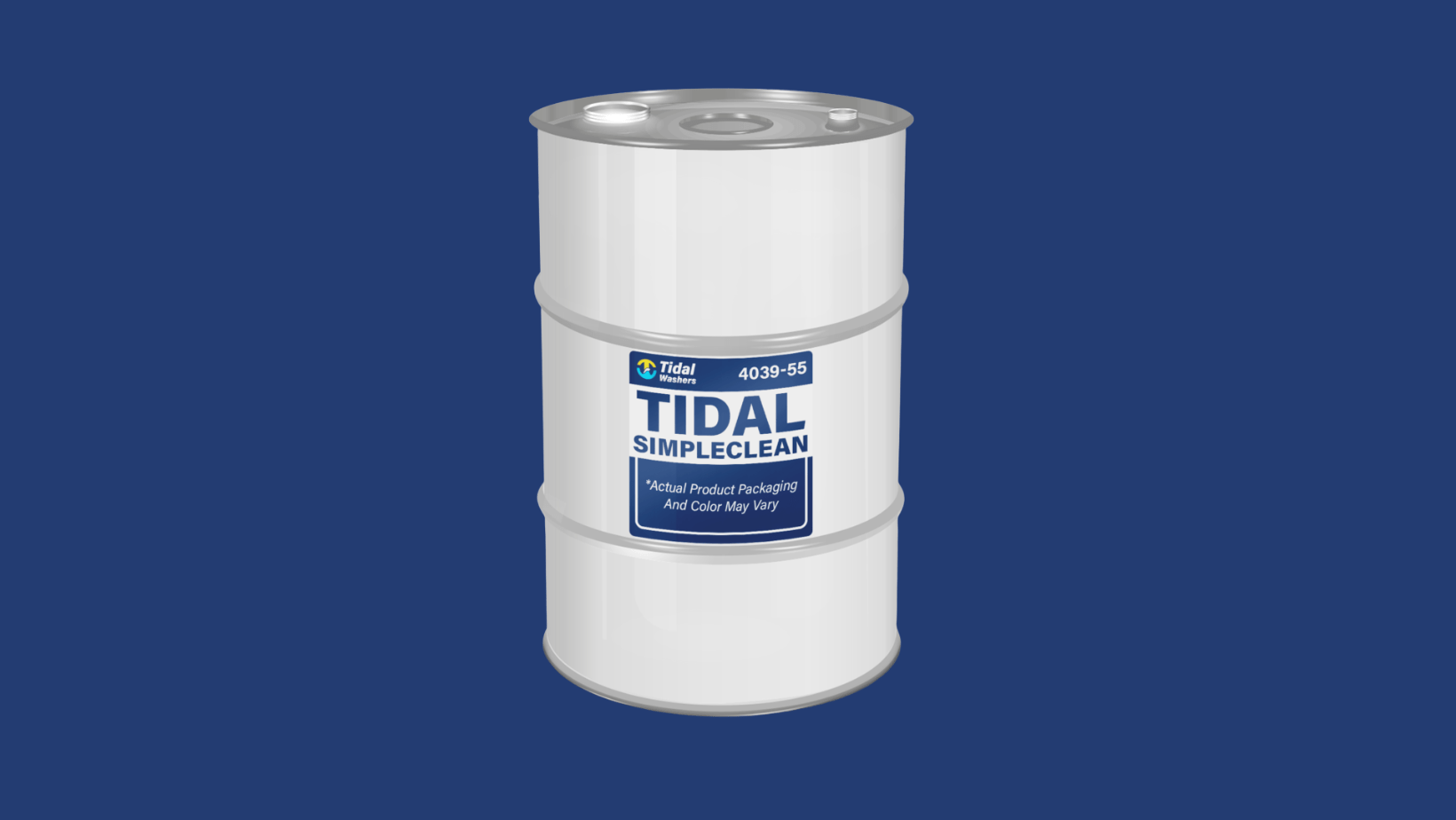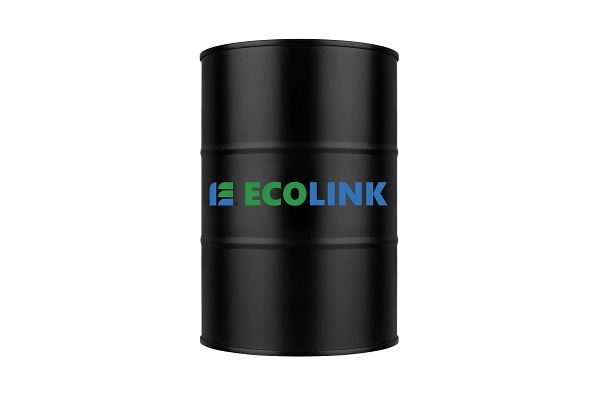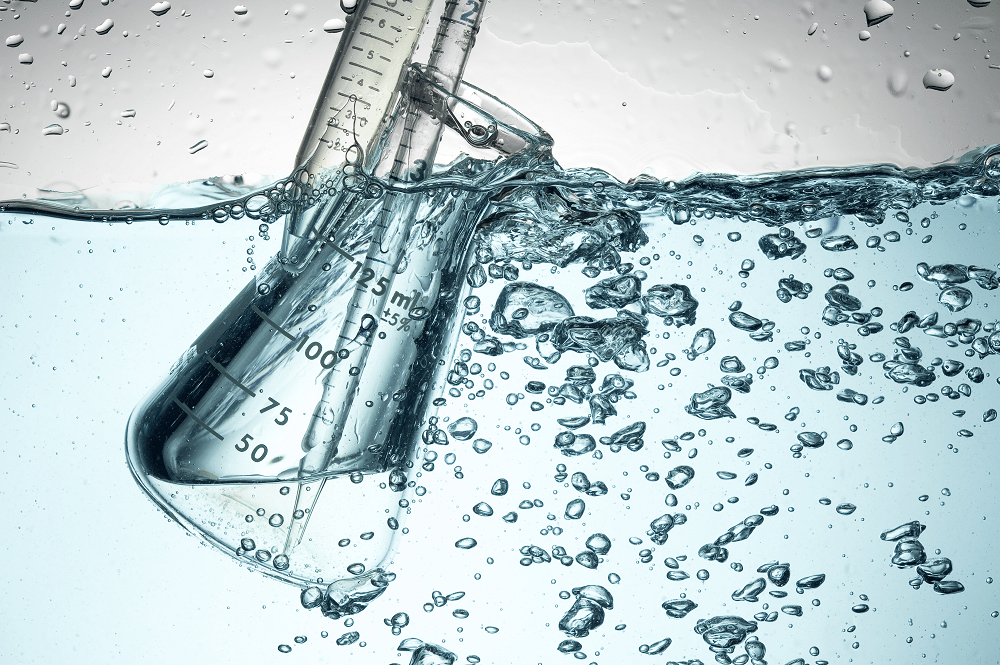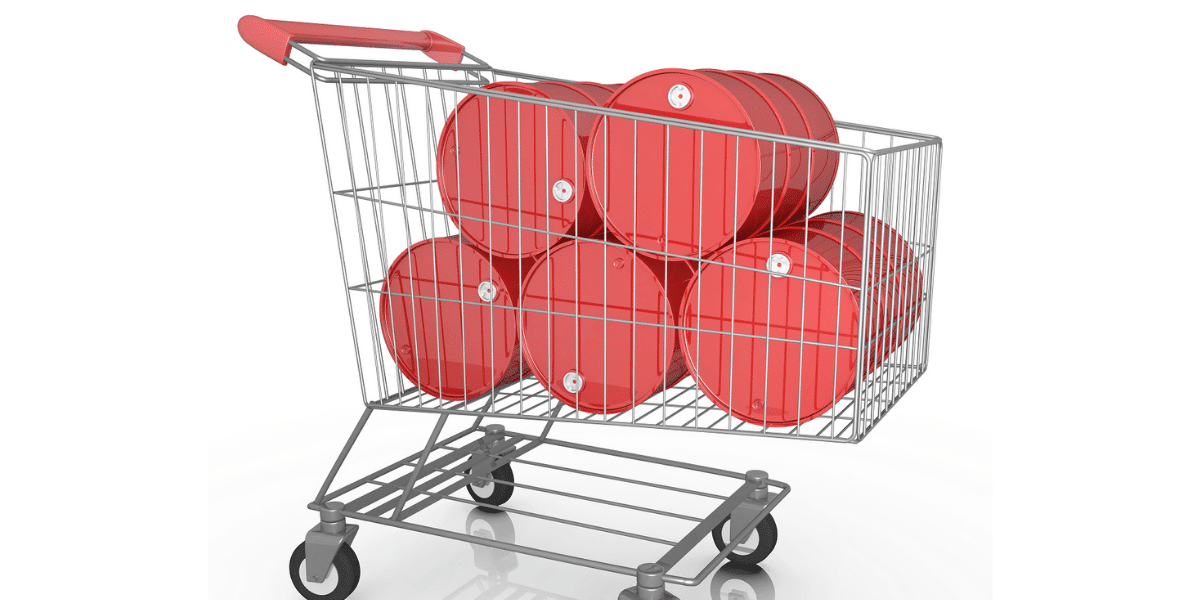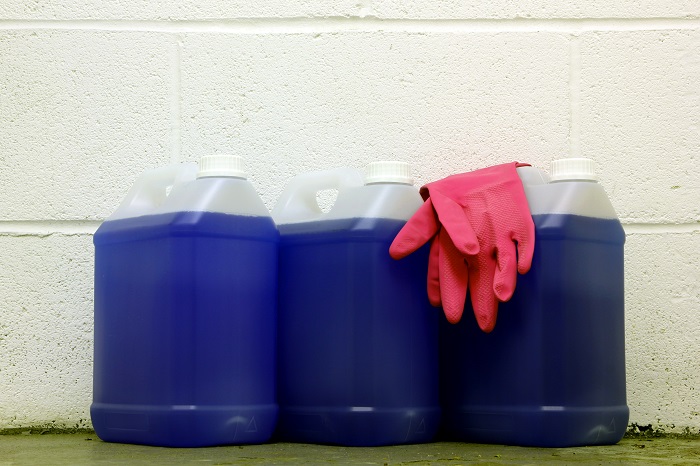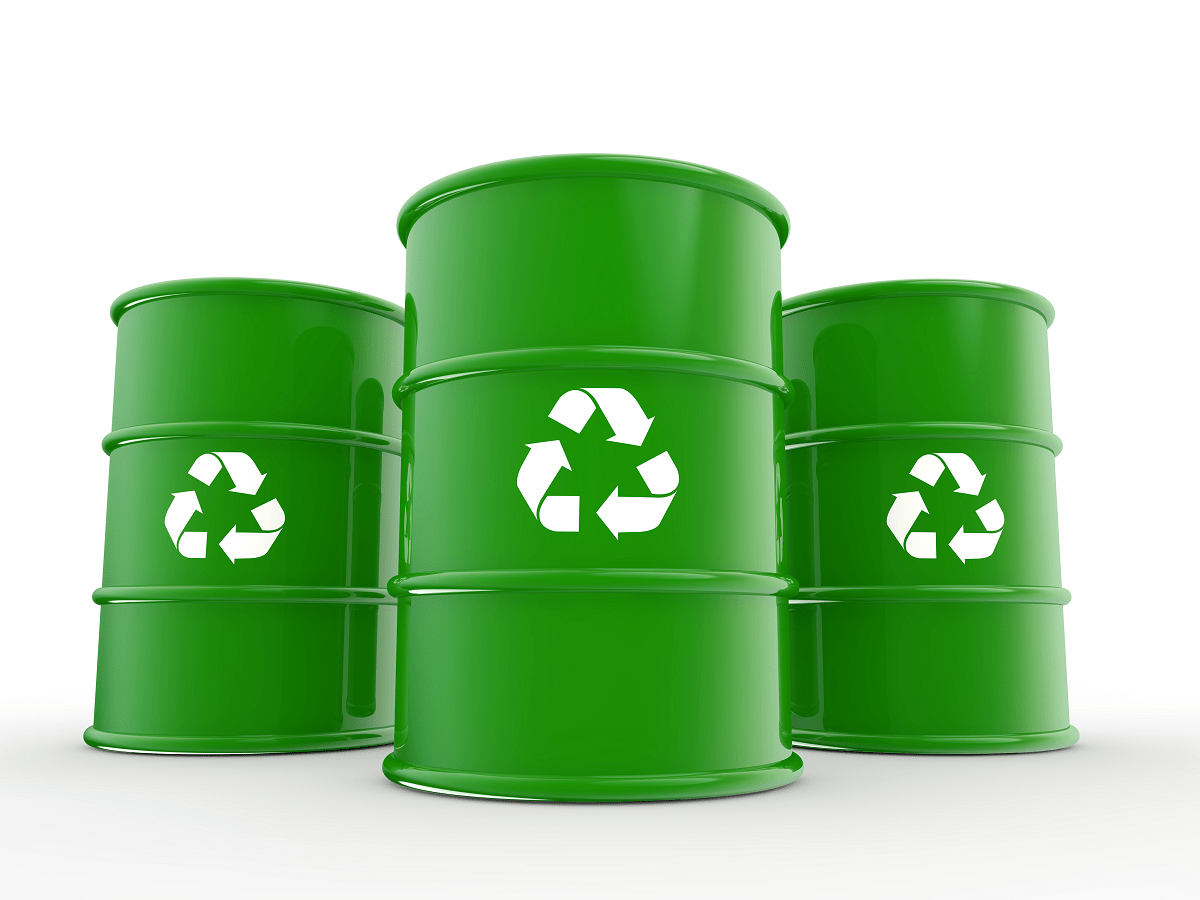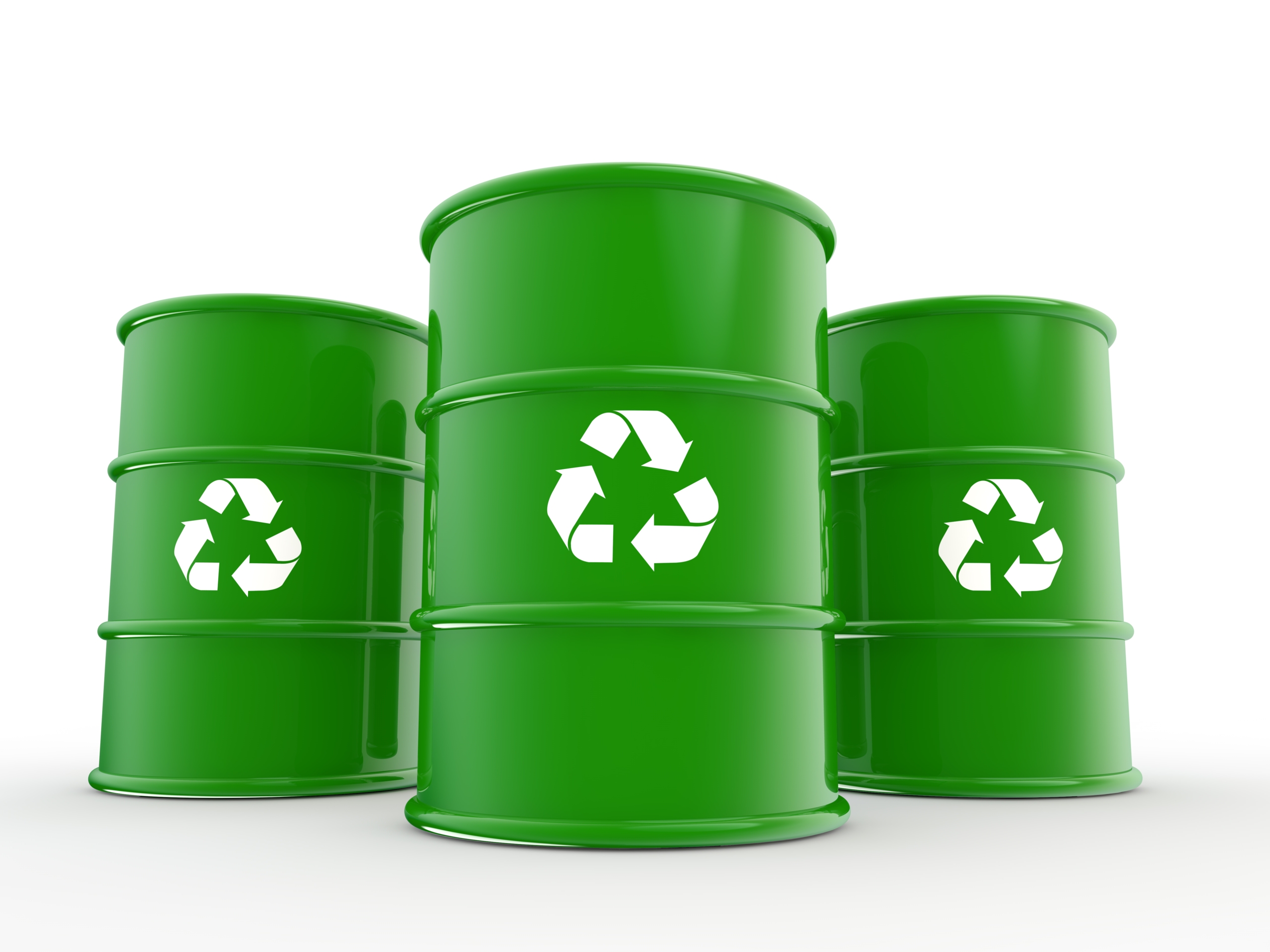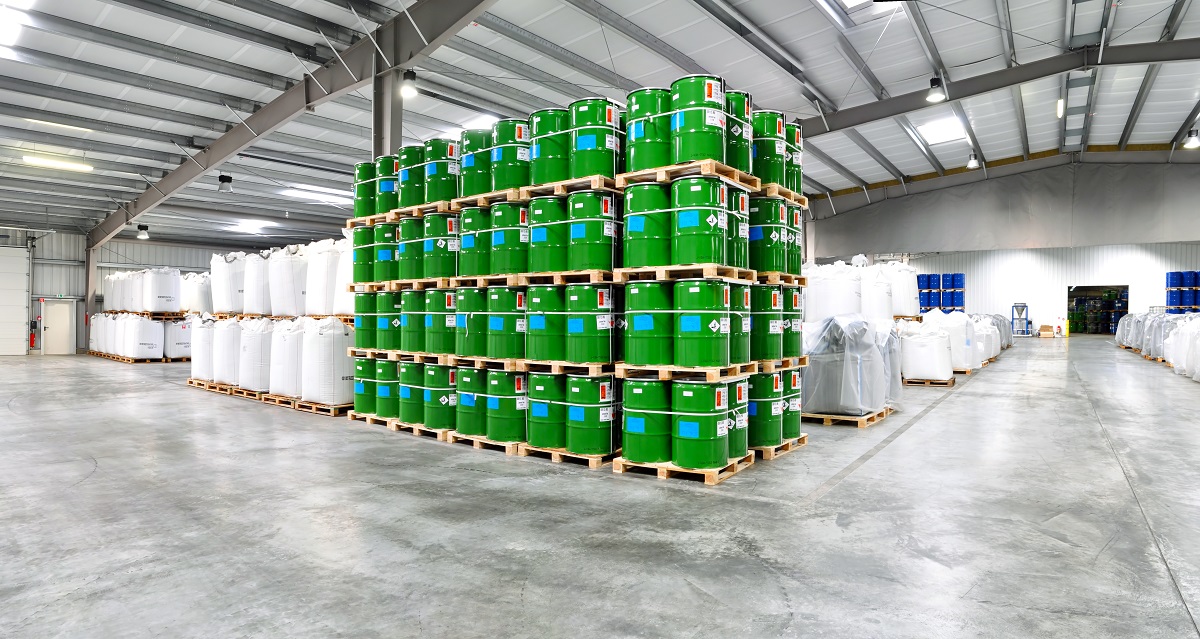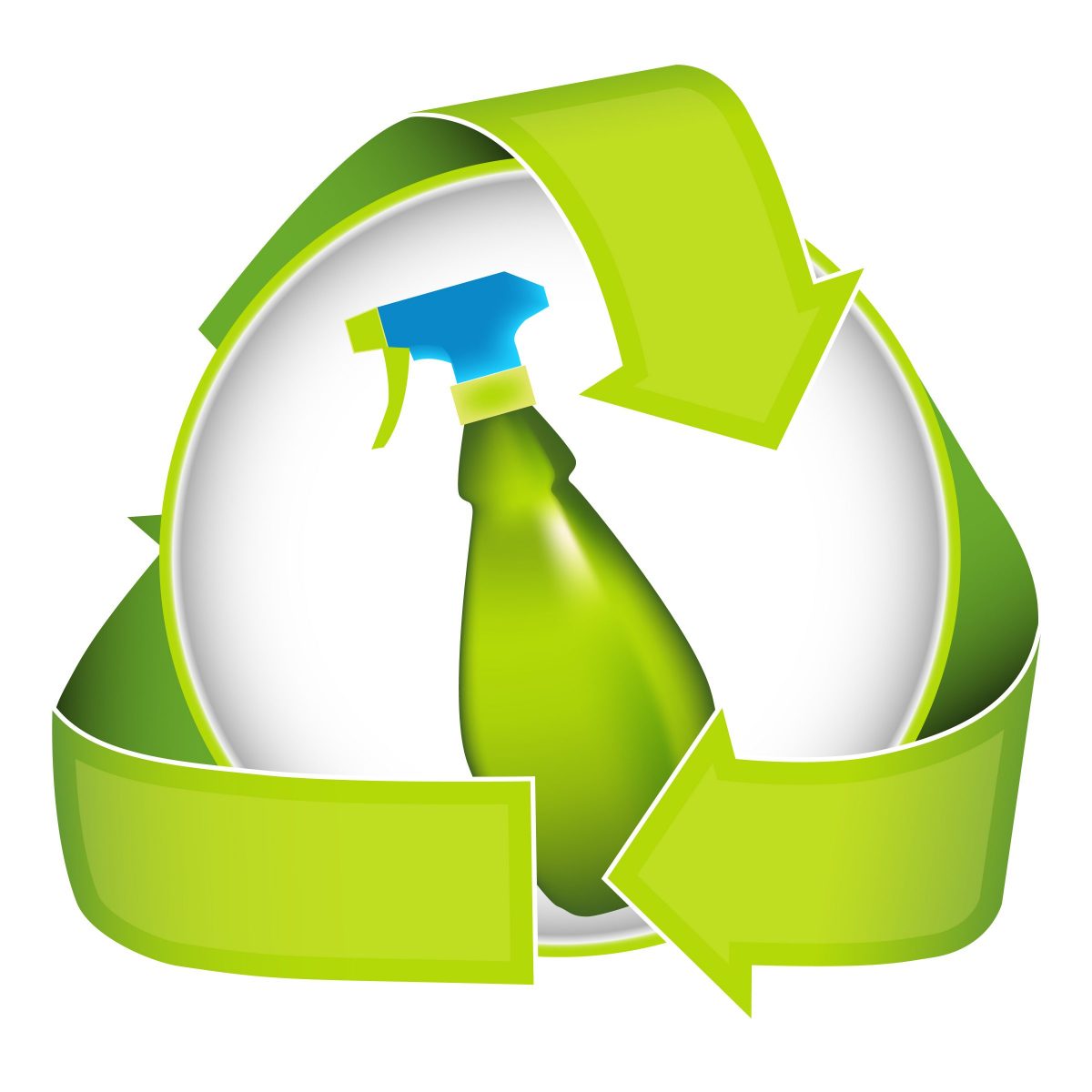If you have been in the market for multi-purpose green degreasers, Tidal SimpleClean is the perfect product for you. This alkaline solution,...
Blog


CHEMICAL INDUSTRY NEWS
Chemical Chat – Discover What’s New!
Where To Find Bulk Methanol Drums
Methanol is a common solvent used in a variety of applications, and if your practice uses this chemical in large amounts, you will need a supplier...
Best Fast Evaporating Degreaser For Industrial Use
If you are in need of a fast evaporating degreaser that can be used for industrial machinery, acetone is a highly effective and affordable option....
MEK Solvent Suppliers
Reliable MEK solvent suppliers are necessary for any industry that is in need of high quality, bulk supplies of MEK,...
Where To Find Bulk Methanol Drums
Methanol is a common solvent used in a variety of applications, and if your practice uses this chemical in large...
Company News
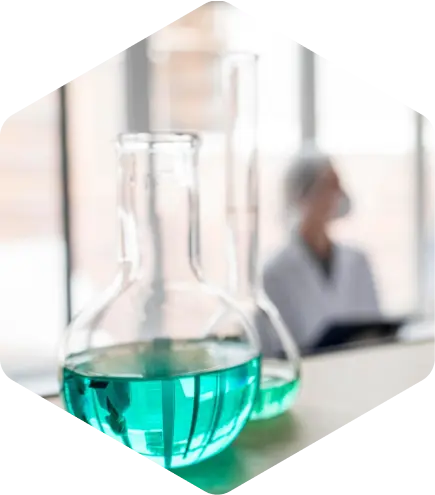
Managed Services
Discover the Latest in Safe and Sustainable Chemical Solutions
Stay informed with Ecolink’s blog! Subscribe now
Chemical Management Information
Stay updated with us
Sign Up for the Latest Updates
Stay informed about chemical supply chain disruptions and emerging innovations to keep your business at the forefront of efficiency and innovation. Uncover new ways to make your business practices more sustainable by incorporating safer products into your cleaning lineup.



